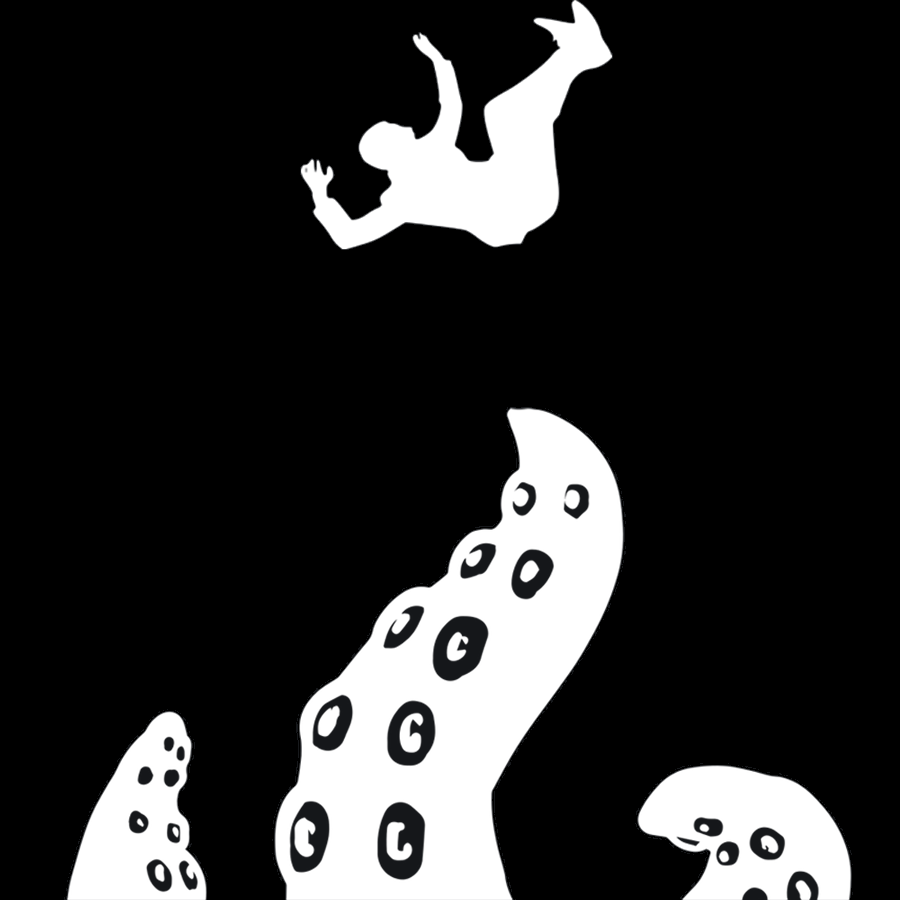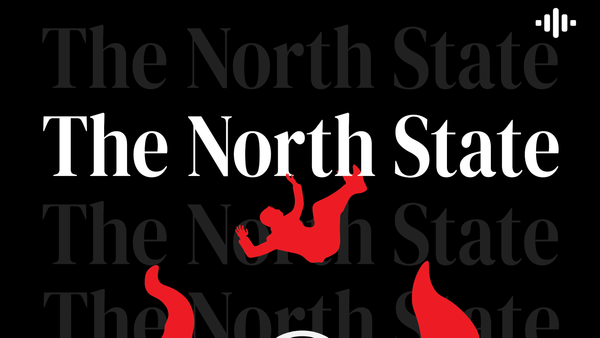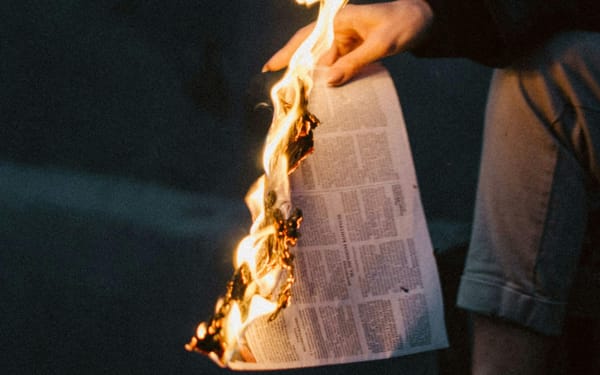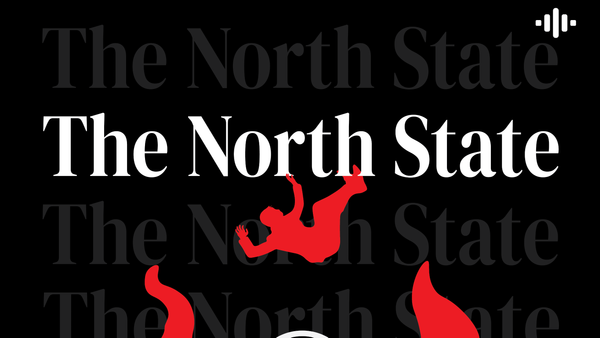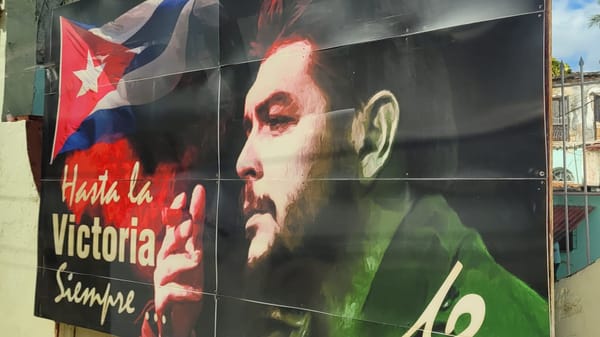Cop Threatens Journalist for Reporting on Police Violence
Where's the condemnation from our politicians?

CW: Police brutality against an Indigenous person
On July 5th, APTN News published a story by seasoned reporter Kenneth Jackson about a video of police brutality. The video showed Const. Scott Anthony of the Ontario Provincial Police repeatedly punching Ronnie Taylor, a Métis man with intellectual disabilities. Taylor then collapses and appears to have a seizure, but no one checks on him over the next 40 minutes. Anthony’s notes on the situation only mention an “exchange of empty hand blows until in cell,” but don’t include any of the blows caught on the video obtained by Jackson. Anthony also attempted to block access to the video by APTN.
The story is worth reading in its entirety. It highlights the failures of the Special Investigations Unit, and the barriers preventing police brutality from being properly addressed. But it’s since developed further.
Dana Boldt, a Rama First Nation Police Officer and apparently romantic partner to Anthony, took issue with Jackson’s report. She sent an email to the journalist threatening him with violence in regards to his story. Boldt wrote, “I would love to send you into a cellblock and have someone punch you in the throat and the mouth, and see how you handle it.”
Other comments made in the email to Jackson include asserting Taylor was not “visibly Indigenous,” accusing Jackson of using the Métis signifier to imply racist violence, and “painting police as villains,” to harm the relationship between Indigenous people and the police.
Needless to say, Jackson has filed a complaint and Boldt is now currently under investigation.
This is another in a long line of instances of threats against reporters. Journalists have faced an increasing torrent of threats in recent years, which was bolstered by the emergence of the fascist convoy movement in early 2022. I’ve written about the subject before, but this instance of a police directly threatening a journalist is particularly troubling.
Jackson’s report focused on an instance of police brutality that was covered up by omittance. Anthony made no notes about the violent attack on Taylor, and Jackson had to fight through the courts in order to obtain this video. The function of journalism here is clearly in the public interest.
However, Boldt’s threatening email to Jackson reveals two noteworthy dynamics at play. The first is that attitudes towards journalists have taken a frightening turn. How many police officers talk about doing these actions to journalists in private? How many police officers have intimidated journalists in other, less reportable ways? In an age of rising far-right threats, the cops who enforce the current order show their hand in beyond favourably defending the fascists at demonstrations.
Second, this threat works to pull focus from the institutional violence inflicted on an Indigenous man. Taylor is Métis. The mere fact that this was reported, by a news service that focuses on Indigenous issues, was enough of a motivating factor to spur Boldt into threatening a journalist. The white fragility here is egregious, but if it pulls focus from the colonial violence delivered against an Indigenous man, then it actually serves its purpose.
There isn’t much to write about past these two points. You probably won’t find a person who disagrees that Boldt’s email to Jackson was inappropriate and threatening, except those among the furthest right-wing. But just because the surface-level actions are clearly wrong, that doesn’t mean it’s separate from the wider systemic issues at play.
In a climate of rising police budgets, threats against journalists, and continuing colonization against Indigenous people, this particular case is revealing of so much more.
